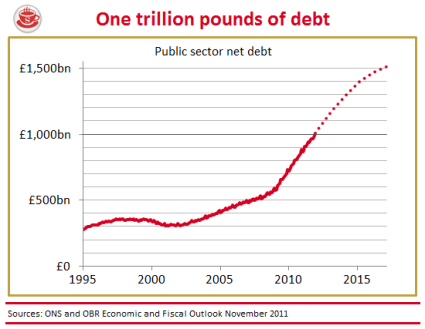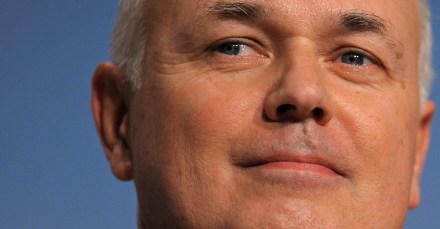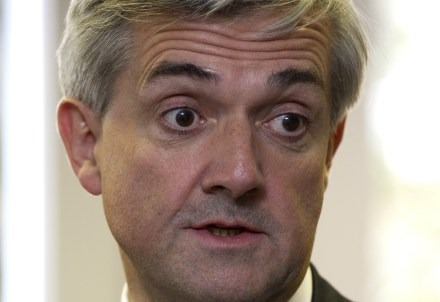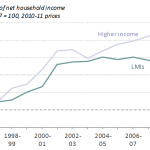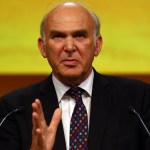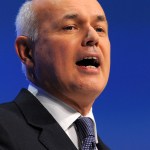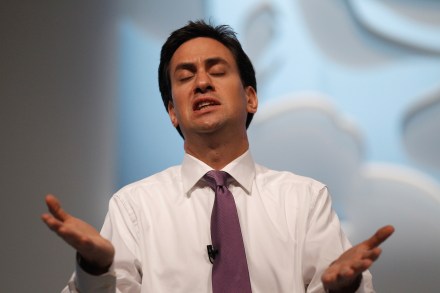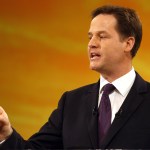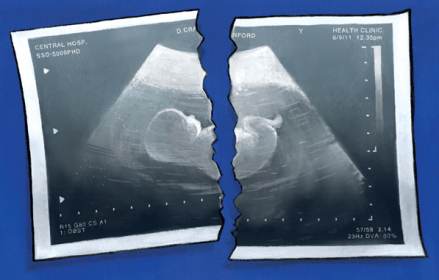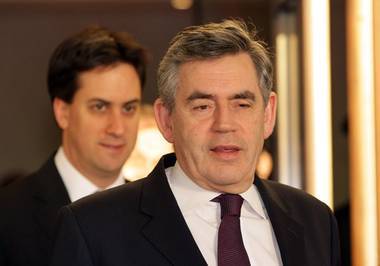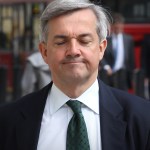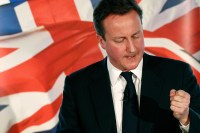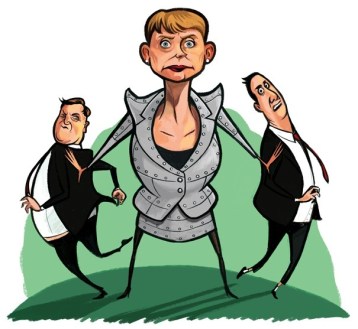Tristram Hunt, the historian and Labour MP, has written a brilliant rebuttal to my piece in the Telegraph last week, in which I said that capitalism is hardwired in Britain’s DNA. Socialism, he says, is also hardwired into our country’s mindset. Writing for Comment Is Free, he says: ‘There is another story of Britishness a long way from the template of Cameron and the Spectator. It is a tradition of redistribution, intervention and socialism equally as compelling as Adam Smith’s “invisible hand” (which, one should remember, was a satirical attack on laissez-faire morality, drawn from Shakespeare’s Macbeth)… [the] British strand of social criticism continued into the 19th century with the
